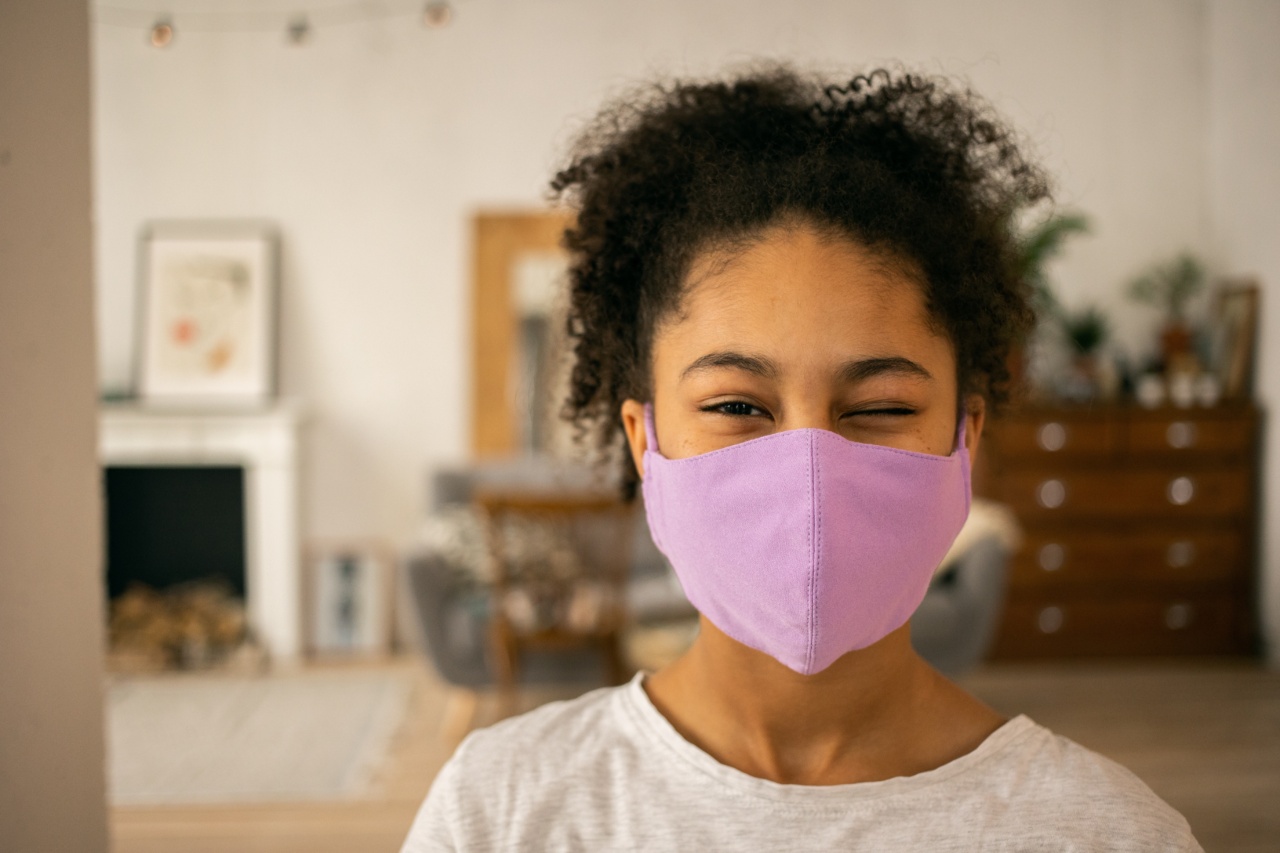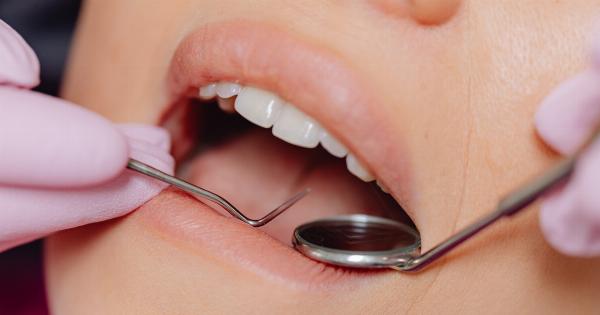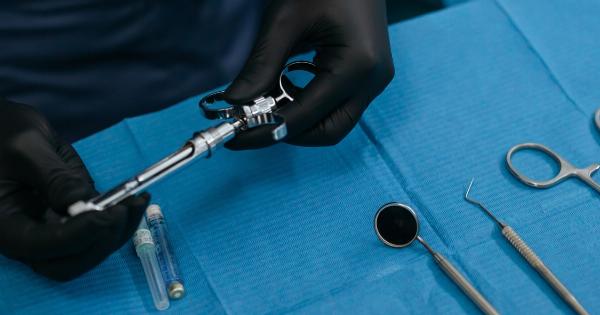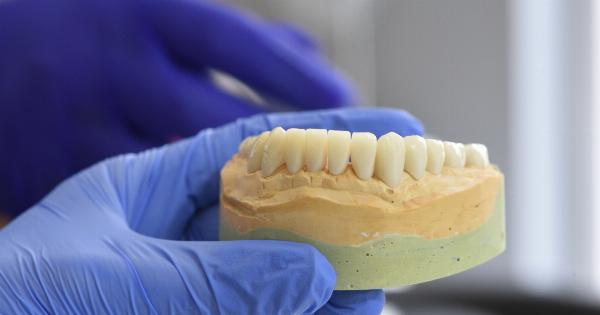Anesthesia is a medical treatment process that helps in controlling pain and relaxing patients undergoing surgical procedures.
It is essential for patients’ comfort during surgeries like root canal treatment, dental implant placement, and tooth extraction. However, many parents are often skeptical about allowing their children to undergo anesthesia as they fear the risks involved. This article takes a closer look at the safety of anesthesia for children.
What is Anesthesia?
Anesthesia is a medical treatment process used to manage pain, surgery, and other medical treatments. Anesthesia is provided in different forms such as local, regional, or general anesthesia.
Types of Anesthesia
General Anesthesia: General anesthesia is the most common type of anesthesia used for children. It is administered through injection or inhalation. Generally, children do not remember the surgery as anesthesia makes them unconscious.
Regional Anesthesia: Regional anesthesia is administered to a specific area or region. The process includes spinal anesthesia and epidural anesthesia.
Usually, the regional anesthesia is administered to adults, but for specific procedures, it might be used on children as well.
Local Anesthesia: Local anesthesia is often used in dental procedures. The dentist numbs the specific area (like jaw, cheeks, gums, teeth) where the procedure will be performed, making the patient pain-free.
Local anesthesia is safe for children who require dental procedures.
How Safe Is Anesthesia for Children?
Anesthesia is generally safe for children. The anesthetic drugs used are given in proper doses, making children unconscious and insensitive to pain during the surgical procedure.
The process is closely monitored by the anesthesia team, which helps in preventing any critical situations from arising.
Recent research indicates that the risk of mortality during anesthesia in children is estimated to be one in every twenty thousand cases or fewer.
However, it is important to ensure that your child is as healthy as possible before the anesthesia process. Inform your dental surgeon or physician of any underlying health conditions your child may have. With this done, your child should be safe during the anesthesia process.
Possible Side Effects of Anesthesia on Children
While anesthesia is safe for children, there are a few side effects that parents must be aware of before the procedure.
1. Nausea and Vomiting: Nausea and vomiting are common side effects of anesthesia. Anti-nausea medication is often given to help children heal from this side effect.
2. Teeth and Mouth Injuries: Teeth and mouth injuries might occur during general anesthesia if the dentist or oral surgeon handling the procedure is not careful or knowledgeable about dental anatomy.
Parents should ensure that the dental surgeon who will handle the procedure is well-experienced in handling children.
3. Temporary Behavioral Changes: Children might experience temporary behavioral changes after the anesthesia process. These include restlessness, confusion, and hallucinations.
Dosages of Anesthesia for Children
Children require different dosages of anesthesia than adults. Dentists and oral surgeons use weight-based doses for children. Proper dosages are important, as incorrect dosages might lead to undesired side effects.
Preparation for Anesthesia in Children
Children should fast for at least six hours before anesthesia. This helps in reducing the chances of any possible complications in dealing with anesthesia. During this time, the child should not eat any foods or beverages.
Conclusion
Overall, anesthesia is safe for children undergoing dental or medical surgery procedures.
Anesthesiologists are trained to handle the anesthesia process, ensuring that the correct dosages are administered and that children are closely monitored during the process. Parents should consult their dentist or healthcare provider first to ensure their child is healthy and fit for anesthesia before the procedure.
Regardless of the type of anesthesia used, parents should take action to help alleviate their child’s pain during and after the procedures.





























